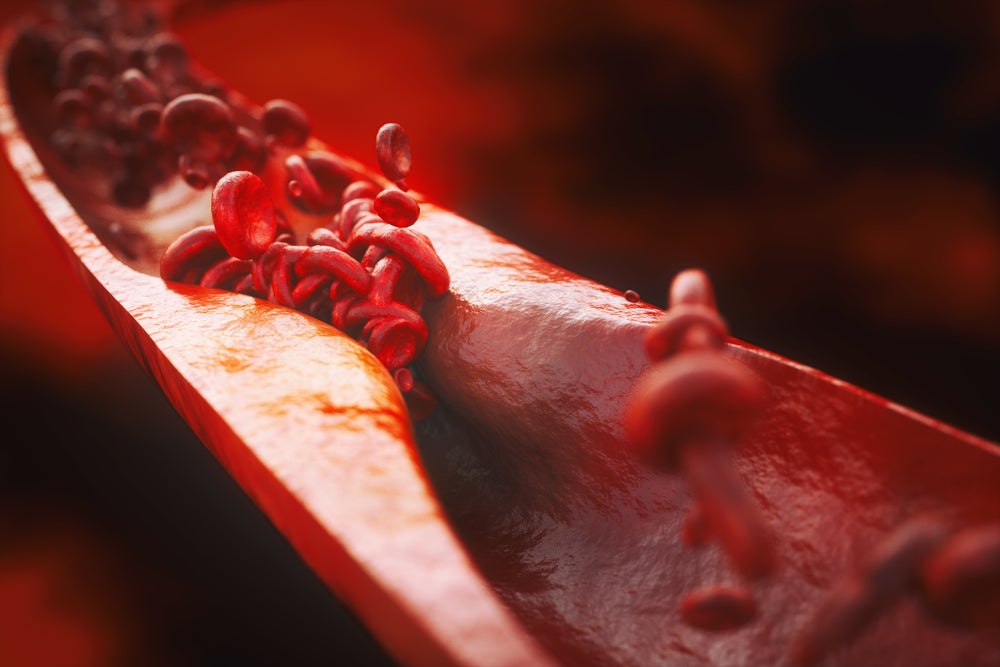
Boston Scientific’s clinical trial investigating its Agent drug-coated balloon has met its primary endpoint in a trial evaluating its safety and effectiveness as a treatment for coronary in-stent restenosis.
Announcing the results as a late-breaking trial at the Transcatheter Cardiovascular Therapeutics (TCT) conference held in San Francisco from 23 to 26 October, the company said the device met the primary endpoint of target lesion failure at one year. The drug-coated balloon (DCB) demonstrated risk reduction of lesion failure by around 38%, compared to an uncoated balloon angioplasty.

Discover B2B Marketing That Performs
Combine business intelligence and editorial excellence to reach engaged professionals across 36 leading media platforms.
The company reported target lesion failure rates of 17.9% for its device at 12 months, compared to 28.7% in the control group.
Coronary stenting is a standard procedure for treating patients with coronary artery disease, but the stented section of the artery can become occluded due to plaque or scar tissue – resulting in coronary in-stent restenosis. Data suggests that around 10% of percutaneous coronary interventions are for coronary in-stent restenosis treatment.
The Agent balloon works by inflating to reopen the stent and diffuses paclitaxel – a chemotherapy drug that maintains the patency of the lumen.
Boston Scientific said that reduced rates of myocardial infarction and target lesion revascularisation necessity drove the difference between the devices. Compared to the uncoated balloon, Agent DCB had a risk reduction of 49% and 51% in myocardial infarction related to the target vessel and target lesion revascularisation, respectively.

US Tariffs are shifting - will you react or anticipate?
Don’t let policy changes catch you off guard. Stay proactive with real-time data and expert analysis.
By GlobalDataIn addition to meeting the primary endpoint, the drug-coated balloon did not have any cases of stent clotting.
The multicentre, prospective, randomised trial enrolled a total of 600 patients across 40 sites in the US, with the data presented at the conference compiled from 480 of the population.
Agent DCB received a CE marking in 2014 for the treatment of patients with coronary in-stent restenosis and previously untreated small vessel coronary disease. This year, it was approved in Japan for the same indication.
In 2021, the US Food and Drug Administration (FDA) awarded the balloon breakthrough device designation.
The study’s principal investigator Dr Robert Yeh said: “Meaningful therapy advancements for this condition are critical, and the ability to reduce the risk of restenosis without using radiation or introducing another layer of metal stenting is a promising step forward.”
Today, Boston Scientific reported net sales of $3.52bn during the third quarter (Q3) of 2023 compared to $3.17bn in the same period last year. In the cardiovascular segment, the company achieved a growth rate of 11.6%, reporting $2.185bn in revenue in Q3 this year.





